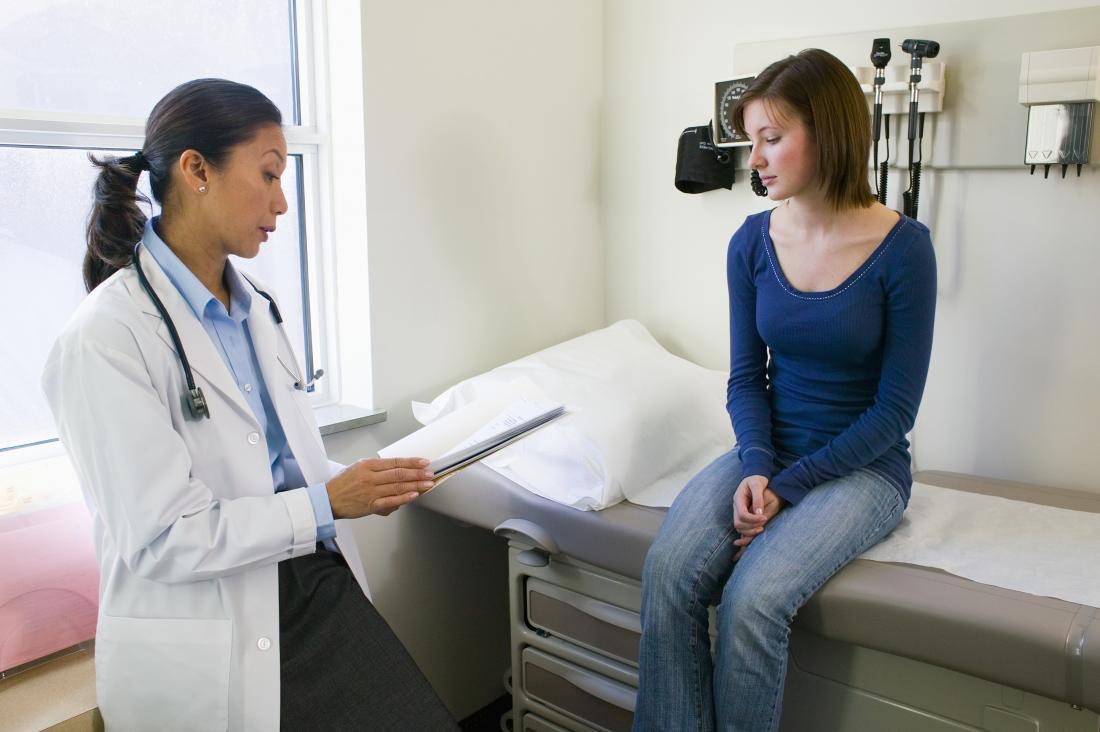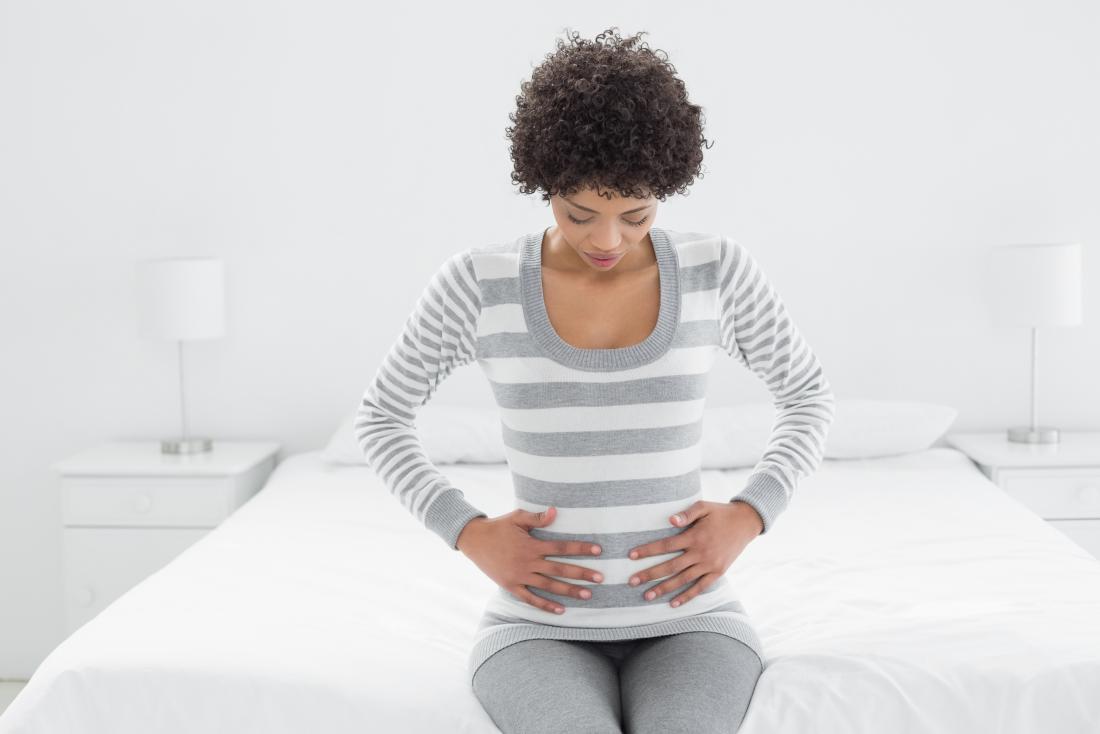Little research has explored why endometriosis might cause weight gain. People with endometriosis who suspect that the condition is causing weight gain or making it difficult for them to lose weight should speak to a doctor.
Sometimes, other conditions such as polycystic ovary syndrome (PCOS) can mimic the symptoms of endometriosis.
In this article, we look at how endometriosis may cause weight gain and explore how to achieve and maintain a healthy weight.
Does endometriosis cause weight gain?

Endometriosis can cause chronic pain and infertility.
While plenty of anecdotal evidence has linked endometriosis to weight gain, scientific research does not yet back this up.
Qualitative research from 2014 found that some women feel that endometriosis contributes to weight gain and poor body image.
There are at least four ways in which endometriosis might cause weight gain.
Bloating
Bloating and fluid retention are common endometriosis symptoms. While bloating does not cause the body to gain fat, it can make a person look and feel heavier.
Bloating may also change the way that clothing fits. Many people notice that bloating is worse immediately before or during their period.
Estrogen
Endometriosis is an estrogen-dependent disease, which means that the symptoms worsen with higher estrogen levels.
Some people believe that estrogen dominance causes weight gain. This happens when the body produces too much estrogen, outweighing the progesterone.
Drugs to treat endometriosis
Many studies show that endometriosis treatments may cause weight gain.
One of the most effective treatments for endometriosis is a synthetic form of the hormone progesterone. Progesterone slows the growth of endometrial tissue.
However, many women experience weight gain with progesterone. According to a 2010 study, 40–50 percent of women gain weight or retain water with progesterone treatment.
Pain
Endometriosis is painful. For some people, the pain is severe enough to make it difficult to exercise and stay active. Over time, this can cause weight gain.
Symptoms of endometriosis

Symptoms of endometriosis include bloating and cramping during periods.
A few endometriosis symptoms can make a person look or feel heavier. These symptoms may include:
- bloating
- constipation
- fluid retention
- masses of endometrial tissue in the pelvic region
Other symptoms of endometriosis can include:
- severe cramping during periods
- pelvic pain between periods
- pain during sex
- difficulty getting pregnant
- bladder pain
- strong urges to urinate
- incontinence
- pain during bowel movements or urination
- unexplained pain in the stomach
The severity of the symptoms does not necessarily indicate how extensive the endometriosis adhesions are. Some people with severe endometriosis have no symptoms. People with mild endometriosis may have severe symptoms.
How to lose weight with endometriosis
Many natural and alternative health websites promise to help people with endometriosis lose weight with special diets. However, there is no clinical evidence to suggest that an endometriosis-specific diet can help with weight gain or reduce endometriosis symptoms.
Having surgery to remove endometrial tissue that is growing outside of the uterus can help with pain and may reduce bloating. This, in turn, may help a person lose weight or look thinner.
To lose weight in any situation, a person must burn more calories than they consume. Some strategies that can support this goal include:
- Increasing physical activity. Walk as often as possible and take regular breaks from long periods of sitting. The Physical Activity Guidelines for Americans 2015–2020 advise getting 150–300 minutes of moderate-intensity cardio or 75–150 minutes of high-intensity cardio each week. They also advise strength training on at least 2 days per week.
- Eating a variety of filling, lower-calorie foods. Avoiding excess sugary snacks, sodas, and other sweetened drinks can also help.
- Eating more protein. Protein may improve metabolism and help a person feel fuller for longer. This reduces the desire to eat high-calorie snacks.
People with endometriosis should talk to a doctor about weight loss strategies, especially if they have other conditions such as PCOS.
Endometriosis and PCOS

PCOS occurs due to a hormone imbalance and can cause painful periods.
PCOS has some similar symptoms to endometriosis. PCOS occurs due to a hormone imbalance and, like endometriosis, can cause painful periods.
Other symptoms of PCOS include:
- irregular or absent periods
- excessive body hair
- unexplained weight gain
- difficulty getting pregnant
- insulin resistance or diabetes
It is possible for people with endometriosis to also have PCOS. For this reason, it is important for people with irregular periods, painful periods, or fertility issues to seek testing for both conditions.
PCOS can cause weight gain, often due to insulin resistance. A low-glycemic index diet may help with PCOS-related weight gain. Some people also find that hormonal birth control pills help with symptoms.
Summary
Endometriosis is a chronic condition. However, a number of management strategies, including hormone treatments and surgery, can help with symptoms.
Many women with endometriosis feel frustrated that there is little research available about endometriosis-related weight gain. A doctor who listens and takes a person’s symptoms seriously is the key to finding an effective treatment.
By talking to their doctors about weight gain, people can get personalized weight loss strategies and support for the challenges of living with endometriosis.

